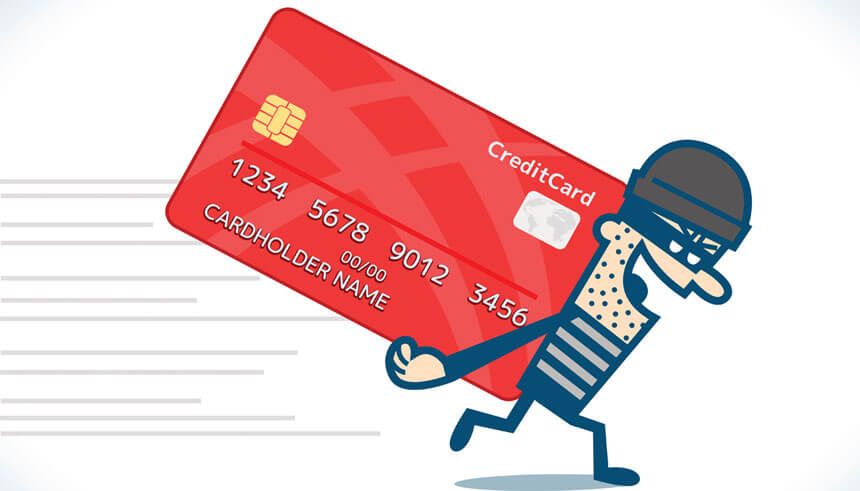Friendly fraud, also known as “friendly fire,” is a sneaky form of chargeback fraud where a customer makes a purchase with their credit card and then disputes the charge, even though they did actually receive the goods or services they paid for. The dispute is made with the intention of getting a refund or avoiding payment, and it can have some serious consequences for both the merchant and the payment processor.
How it works
When a chargeback claim is made, you as the payment processor is required to refund the transaction amount to the customer, along with any associated fees. This means lost revenue for the merchant, as well as lost processing fees for you as a processor. In severe cases, there may also be faced fees or penalties from card networks or other regulatory bodies for excessive chargeback rates or noncompliance with regulations. These financial losses can really add up!
Not only do these costs hurt businesses’ bottom lines, but they can also damage reputations. When customers dispute charges and receive refunds, merchants can be seen as untrustworthy or unreliable, which can lead to lost sales and decreased customer loyalty.
Similarly, payment processors may be seen as ineffective or unreliable if they don’t prevent chargebacks or fraudulent transactions. This can lead to a loss of customers and decreased trust in the payment processor, which can ultimately harm their business.
Increased processing costs
Frequent incidents of friendly fraud can also lead to increased compliance costs and stricter regulations for payment processors. Financial institutions and regulatory bodies may become more skeptical of payment processors that have high chargeback rates or frequent incidents of friendly fraud, leading to increased scrutiny and more stringent compliance requirements. These increased costs can ultimately be passed on to merchants or customers, leading to increased prices or decreased profitability.
Fortunately, there are ways to mitigate the risk of friendly fire. Merchants can use fraud detection and prevention tools, such as address verification systems and fraud scoring models, to help identify potentially fraudulent transactions. They can also provide clear terms of service and return policies, as well as maintain good records of all transactions and customer interactions, to help reduce the likelihood of disputes and chargebacks.
Using Friendly Fire Detection Tools from IPP
Fortunately, there are ways to mitigate the risk of friendly fire. IPP have already inbuild and automated some fraud detection and prevention tools, such as address verification systems and fraud scoring models, to help identify potentially fraudulent transactions. Through these tools we ensure to maintain good records of all transactions and customer interactions, to help reduce the likelihood of disputes and chargebacks.
Payment processors using our platform can also use fraud detection and prevention tools, as well as monitor chargeback rates and take action to prevent excessive chargebacks. You can work closely with your merchants to identify potential sources of fraud and take steps to prevent it.


